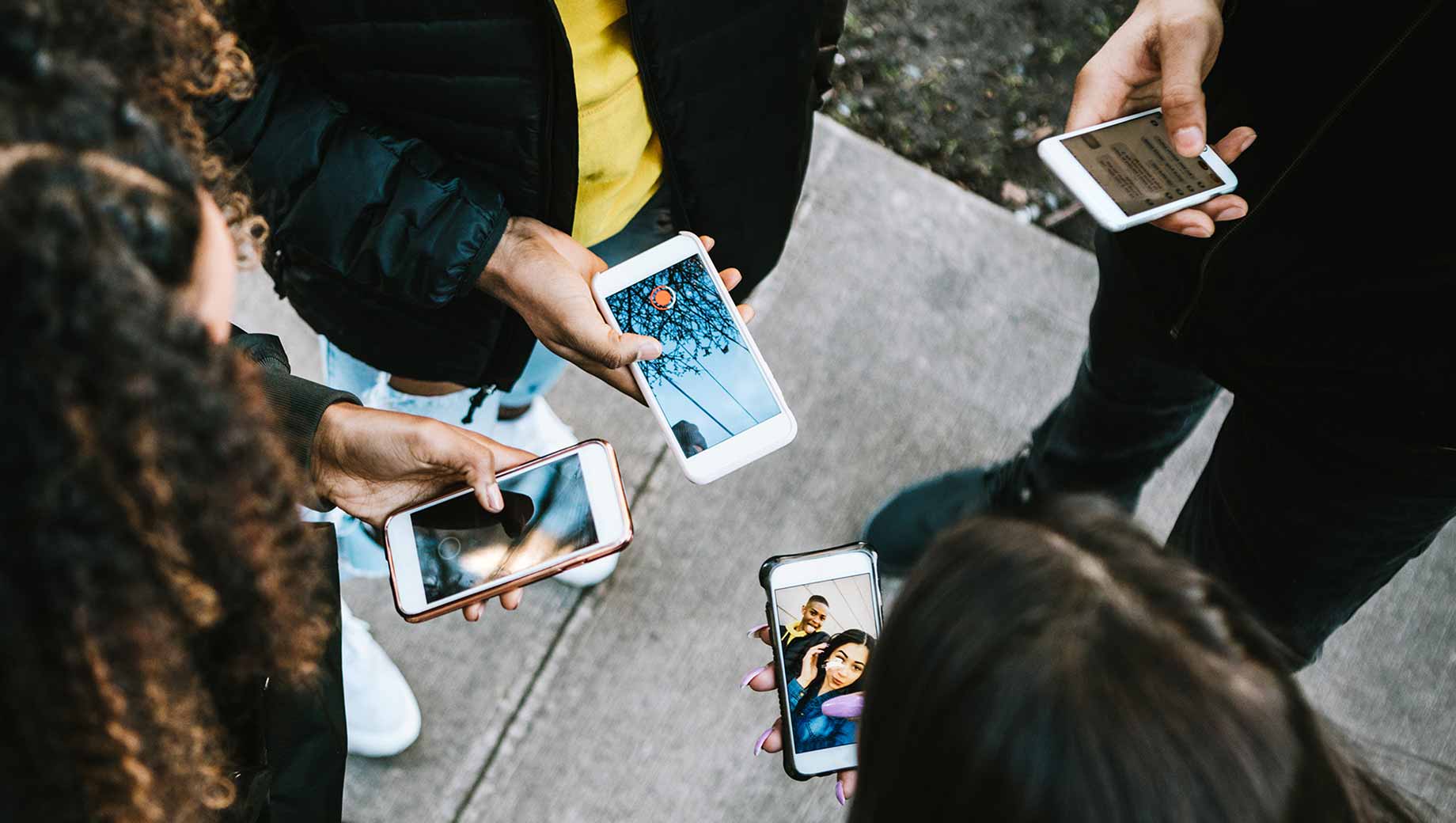
FOR those born after 2000, imagining a world without social media is challenging. Social media has become integral to daily life, enabling connections with family, friends, and a global audience.
As of 2023, there were approximately 4.9 billion social media users worldwide, expected to rise to 5.85 billion by 2027.
Social media platforms are key avenues for self-expression, fuelling the creator economy on platforms like TikTok and YouTube. The creator economy was worth around US$200 bil in 2023 and is projected to exceed US$600 bil by 2036.
Influencers have emerged as powerful promotional channels, shifting some advertising power away from traditional media giants like TV, radio, and newspapers.
While social media offers numerous opportunities for connection and influence, it also presents risks, particularly regarding data privacy, misinformation, and societal values.
Data privacy

The Cambridge Analytica scandal in 2018 revealed the misuse of Facebook users’ data for political advertising, highlighting significant data privacy concerns.
Following the scandal, Facebook faced multiple lawsuits and a US$5 bil fine from the US Federal Trade Commission. The incident demonstrated how easily data could be exploited without user consent, sparking global discourse on data privacy.
In response, Facebook tightened its data privacy policies, including stricter app reviews and enhanced user data controls. Initiatives like the General Data Protection Regulation (GDPR) in Europe and Malaysia’s Personal Data Protection Act aim to protect user data.
However, individuals must remain cautious about the information they share on social media, as it can attract unwanted attention or be misused. Users should regularly review privacy settings and seek permission before posting others’ photos.
Misinformation
Misinformation on social media can have serious consequences. During the COVID-19 pandemic, false information about treatments, such as hydroxychloroquine, led to public health risks and medication shortages. This underscores the danger of unverified information spreading rapidly online.
In Malaysia, the Malaysian Communication and Multimedia Commission (MCMC) combats misinformation. Legal actions under the Communications and Multimedia Act (CMA) can be taken against individuals spreading false information.
The MCMC collaborates with social media platforms to remove false content and block sites that disseminate misinformation. The website sebenarnya.my allows the public to verify information and report suspected falsehoods.
Superficial culture and mental health
While social media promotes self-expression, it can also foster superficiality. Festive celebrations often become staged performances for social media rather than genuine family gatherings, leading to a culture focused on likes and followers.
This pursuit of virtual validation can negatively impact self-esteem, mental health, and social connections.
Young people, in particular, are vulnerable to social media addiction, exacerbated by algorithms designed to maximise engagement.
Despite age restrictions, children can create fake profiles to access these platforms. In June 2024, New York lawmakers passed a bill to address the impact of social media algorithms on minors.
Ethical issues

Ethical challenges in social media affect societal values, including trust in digital platforms, institutions, and public figures. To manage these challenges, individuals must understand the risks of sharing personal information online and learn to manage privacy settings.
Governments should enforce transparency in data usage and impose strict penalties for violations. Individuals should avoid sharing sensitive information like identity card numbers and locations online.
To combat misinformation, the government should promote fact-checking platforms, such as Sebenarnya.my, and technology companies should develop algorithms to detect fake news and design misinformation warning labels.
While social media enhances connectivity, access to information, and self-expression, it also introduces ethical challenges.
Addressing these requires a multifaceted approach involving government policymakers, social media companies, and civil society.
By prioritising data privacy, preventing misinformation, and promoting good values, we can harness social media’s power for positive societal change while minimising its negative impacts.
The authors are from the Science Communication and Public Engagement Program, Department of Science and Technology Studies, Faculty of Science, Universiti Malaya.
The views expressed are solely of the author and do not necessarily reflect those of MMKtT.
- Focus Malaysia



No comments:
Post a Comment
Note: Only a member of this blog may post a comment.